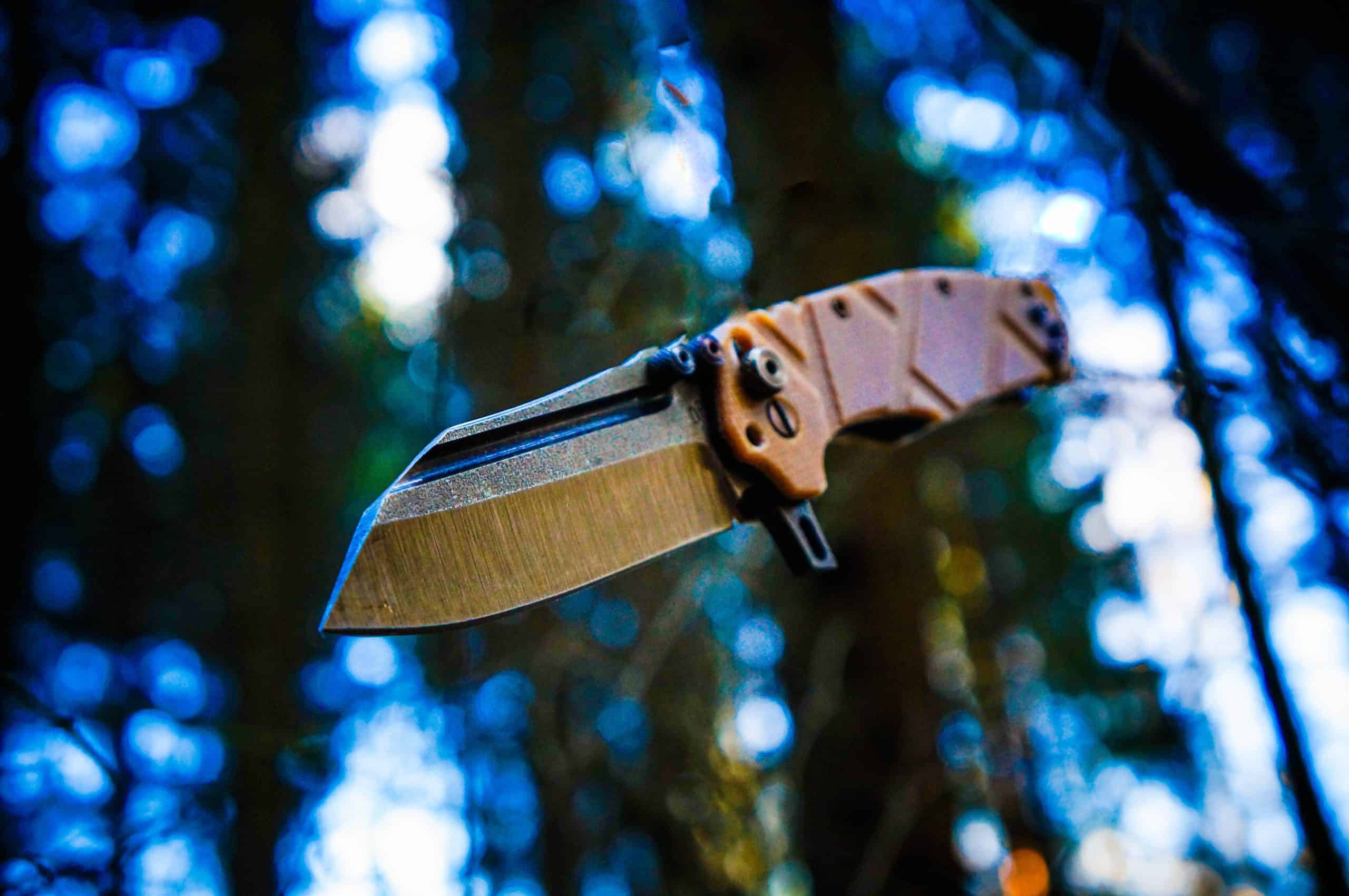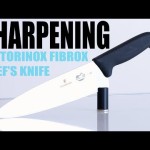
Introduction to magnetic knife holders
Magnetic knife holders are a convenient way to keep kitchen knives off of countertops and away from children’s reach. These clever devices use magnetism to hold blades in place on either a wall-mountable bar or a board. Instead of a sheath or holder, the knives are secured in place without having them touch each other.
The main benefit of magnetic knife holders is that they allow for easy access and storage, giving cooks quick access to their tools and ensuring the blades stay sharp. They also keep your knives very sanitary as there is no contact between different utensils. Magnetic knife holders also free up drawer space and can be an attractive addition to any kitchen décor. Popular brands include Windmax, Farberware, HomeHero, Kato Kitchen and Epicurean Edge.
Types of Magnetic Knife Holders
No, magnetic knife holders are not bad for knives – in fact, they can actually be great for preserving the long-term durability of a knife. A good quality magnetic holder that is strong enough to securely hold a knife will not damage its blade in any way. However, cheaply made holders or ones with weak magnets may cause slight indentations on your blades. Additionally, it is important to consider which type of magnetic knife holder is best for your needs. Wall mounted holders are typically more secure and have a sleeker design than countertop and refrigerator mounted varieties. Meanwhile, portable options offer greater convenience since you can take them anywhere with you.
Pros and Cons of Magnetic Knife Holders
Pros:
– Magnetic knife holders save a lot of space in the kitchen because they are mounted to the wall or cabinet instead of lying on a flat surface.
– They can be used to display and store chefs knives, paring knives, serrated knives, cleavers, scissors, etc., making them very versatile in the types of tools you can keep organized in one place.
– By securing your knives on the outside of a cabinet or on the wall, they are easy to access and put back into storage without any fuss.
Cons:
– Depending on how strong the magnet is, some knives may not stay securely attached while stored due stronger blades or heavier handles.
-Magnetic knife holders don’t take into account different sizes of blades since the magnets are usually placed at a set distance from each other.
– If exposed to moisture and steam for extended periods of time, it can lead to corrosion issues because metals attract moisture through humidity.
Understanding Knife Maintenance
The answer to the question of whether magnetic knife holders are bad for knives really depends on the material that makes up the edge of the knife. Knives with softer edges may become dulled more quickly if they are frequently placed into a magnetic holder. Additionally, over time, a blade’s edge can be scraped off if it rubs against another item on the strip. To avoid this problem, never allow two items to touch each other in the holder and adjust the spacing between items so that only one is touching at any given time. Also, ensure that there are no sharp edges or objects in contact with your knife when it’s not in use, as these can also cause damage to your knife’s edge. Finally, even with regular maintenance and care, placing knives into a magnetic holder does increase wear which may eventually mean having to replace them sooner than expected.
Debunking the Myth
The answer is no. Magnetic knife holders are safe and convenient for knives. In fact, they are an ideal way to keep your blades in good condition by keeping them away from water and other hazards. Knife holders also help with sectioning off different types of knives to avoid accidental mixing up when working in the kitchen. However, as with any product you should check the compatibility before using one, especially if your knives have wooden handles or rare metals like Damascus steel. Additionally, it’s important to inspect the holder on a regular basis for loose or broken magnets and make sure your blades don’t slip off from their slots easily when taken off the holder. Finally, you should be extra careful when handling heavier chef knives and always hold them by their handle for proper balance and control.
Conclusion
No, magnetic knife holders are not bad for knives as they do not damage them. Not only do they keep knives safe and organized, but going with a quality material such as stainless steel that won’t rust can prove to be a strong, reliable storage method. When in the market for a magnetic knife holder it’s important to look for one that is deep enough for the size of your knives, made with a non-scratch surface and features a strong magnet. Some other methods of storing knives include slots in a block and kitchen drawers. Knife blocks provide enough space between blades making sure each knife is protected from scratches and dulling. Drawers can also be handy by allowing cooks to store their tools out of sight in an organized way however, any sharp objects should be stored away from children at all times.
Bonus
No, magnetic knife holders are not bad for knives. In fact, they are a great way to safely and conveniently store knives while keeping them in good condition. These holders are designed with strong neodymium magnets that ensure the safekeeping of your knives without potentially dulling or damaging them. To ensure the proper care for your knives, take the following precautions when using a magnetic knife holder: make sure your knives are completely dry before storing them on the holder; do not hang too many knives from one holder (this can cause too much weight on one side of the holder); do not use abrasive cleaners that might scratch or dull the magnet; periodically check for any signs of rust or damage on your knives and clean off any dirt or moisture if necessary.
How to choose a kitchen knife? When choosing a kitchen knife, it is essential to consider factors such as quality material, blade size and shape, construction, balance, and handle type. Quality-made blades should be constructed with stainless steel or carbon steel materials depending on your needs and preferences. Blade size also matters; larger blades are better suited for more robust tasks such as cutting through hard vegetables while smaller blades are suitable for slicing and dicing delicate foods. Consider how well balanced the knife feels in hand when choosing one; look for models that have ergonomic handles that fit comfortably in either right or left hands.
How to properly store knives? It is important to store kitchen knives safely and securely when they’re not in use – especially if you have young children around. Consider investing in wooden blocks, drawers inserts or knife rolls/bags if you don’t already own a magnetic knife holder. These could all provide a secure place to store kitchen tools away from harm’s way! Additionally, regularly sharpening your blades is an important part of ensuring maximum performance in dexterity and making sure that your blade does not become dull over time.















